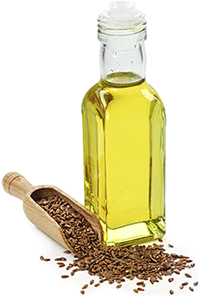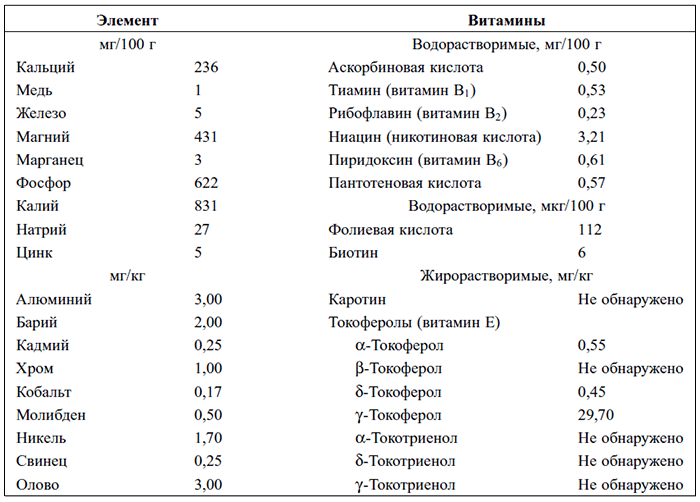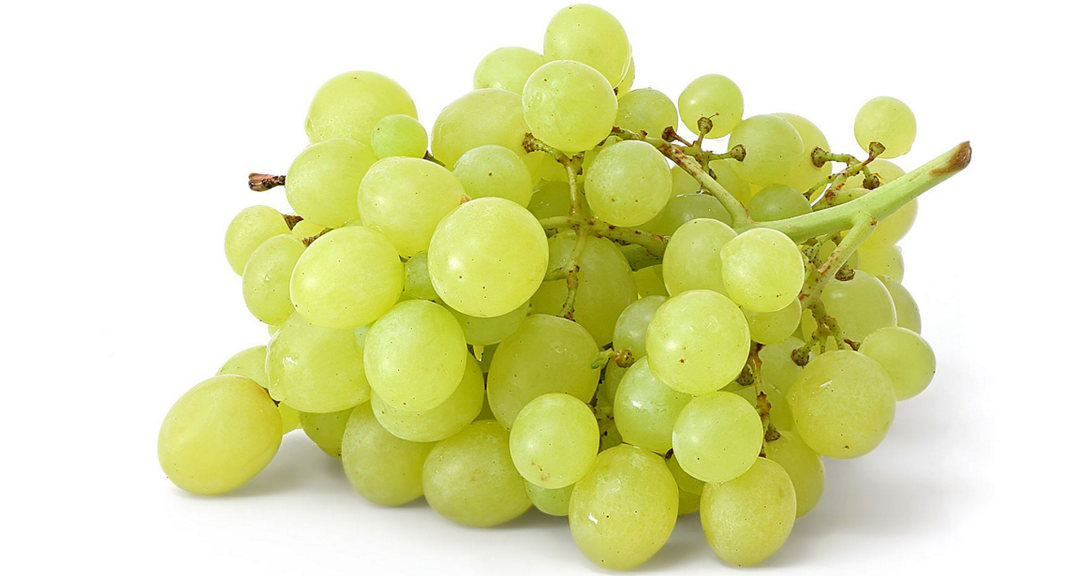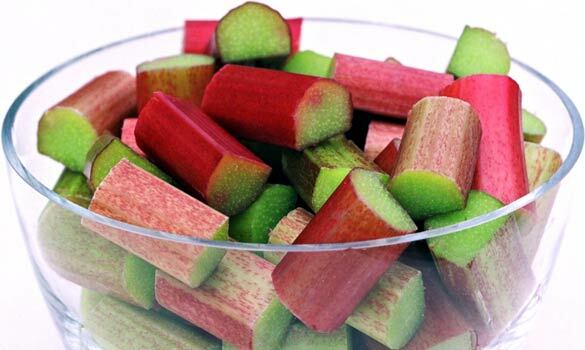Flaxseed oil and its benefits for men
 Vegetable oil from flax seeds is actively used in ancient times, but with the development of civilization, flaxseed oil has been expelled from the consumption of cheaper production in obtaining oils - sunflower, corn, olive. And only relatively recently, interest in this product began to increase due to its exceptional benefits.
Vegetable oil from flax seeds is actively used in ancient times, but with the development of civilization, flaxseed oil has been expelled from the consumption of cheaper production in obtaining oils - sunflower, corn, olive. And only relatively recently, interest in this product began to increase due to its exceptional benefits.
Contents
- 1 Composition and use of flaxseed oil
- 1.1 Use of flaxseed oil for masculine health
- 2 Selection of linseed oil
- 3 Application and dosage
- 4 Storage
- 5 Conclusions
Composition and use of linseed oil
Flaxseed oil consists of unsaturated fatty acids: linolenic( omega-3)- 60%, linoleic( omega-6) - 16%, and oleic acid( omega-9) - 10%, and saturated fats - 10% [1].Polyunsaturated fatty acids are also called of vitamin F , but many authors consider this term obsolete.
uniqueness of linseed oil is the high content of unsaturated fatty acids, especially omega-3 acids having greater bioavailability than other unsaturated fats and low in unwanted dietary saturated fat [2].The content of tocopherol( vitamin E) in the final product may differ( see information on the product packaging).
Table 1 - Content of elements and vitamins in the flaxseed .

omega-3 and omega-6 acids are not produced by the body, ie. E. Are essential fatty acids that must be replenished due to the food products. Unlike omega-6 fats, the content of which in other vegetable oils is sufficient to meet the daily requirement, linolenic acid is found mainly in fatty fish and fish oil. And even such an omega-3 concentrate as fish oil, contains it 2 times less than linseed oil [1].
Use of oil from flax seed is due to the composition of flaxseed, particularly linolenic acid and linoleic acid, which has the following useful properties [1] [2] [3]:
- protivoskleroticheskoe effect( prevention of atherosclerosis, by controlling the level of cholesterol and triglycerides);
- reduces the risk of thrombosis in the vessels;
- vasodilating property;
- antioxidant effect;
- anticarcinogenic( anti-cancer) effect;
- anti-stress action;
- has a laxative and choleretic effect;
- increases immunity;
- , etc.
Thus, oil from flax seeds helps prevent the development of such common diseases as [1]:
- diabetes mellitus;
- ischemic heart disease;
- stroke;
- atherosclerosis. Few
possesses high therapeutic effect in the treatment of asthma, arthritis, insulin-dependent diabetes, multiple sclerosis, skin diseases( eczema, psoriasis).In general, it can be stated that linseed oil has a beneficial effect on virtually all body systems.
flaxseed oil benefits for men's health
Men who regularly consume flaxseed oil, can count on:
- natural improvement in the production of sex hormones;
- improved sexual function, by improving the state of the cardiovascular system;
- possible improvement of sports performance, due to better use of insulin, which has anabolic and anti-catabolic effect;
- cancer prevention( proven for rectal and breast cancer);
- prevention of diseases, which are the main "killers" of the male population( see above).
Selection of Linseed Oil
Vegetable oil must be fresh, not subjected to heat treatment during production, ie obtained by cold pressing ( pressing at temperatures up to 40-45 ° C), and, necessarily, is unrefined .
Oil should be sold in dark containers to prevent direct sunlight. The oil obtained by the correct method has a golden yellow color.
Normally, linseed oil can give a slight bitter aftertaste, but a strong rancidity indicates that the oil is spoiled.
There is no point in buying a large package, because after the opening of the container, the shelf life of the vegetable oil is 30 days on average.
Usage and dosage of
Take morning oil on an empty stomach or half an hour before a meal. Only 1-2 tbsp. Spoons of linseed oil a day, satisfy the daily requirement for unsaturated fatty acids [3].Gradually increase the daily dosage to the indicated values.
Take oil for 1-1.5 months, followed by a break of 2-4 weeks. If flaxseed oil is used intermittently( for example, for refilling cold dishes), then its reception can be not limited. However, with such a reception, it is more difficult to achieve therapeutic effects of the oil.
Many people do not like the taste of flaxseed oil, reminiscent of fish oil. However, this only indicates a high quality of the product and is proof that it was not mixed with other vegetable oils [1].If the reception of oil in its pure form causes a strong aversion, it can be used for refilling cold dishes, alone or in combination with other vegetable oils.
Storage
Oil should be stored in a cool dark place, with a tightly closed container lid. Do not expose the oil to direct sunlight and prolonged contact with air, as it has the property of rapid oxidation, with the formation of toxic products.
After opening the container, the shelf life is 30 days.
Conclusions
Flaxseed oil is definitely the most useful product for human health! Clinical trials testify to its significant contribution to the prevention of modern diseases. Be sure to include linseed oil in your diet and tune in for its long reception, because only so you can feel all of its benefits.
- Neumyvakin IP, "Flaxseed oil. Myths and Reality. "- St. Petersburg: "Dilya", 2009 - 96 p.;
- VA Zubtsov et al., "Flaxseed Seed, Its Composition and Properties", 2002;
- Nikolaychuk L. V. "Healing vegetable oils( home pharmacy medicines)" - growths n / a: Phoenix, 2007. - 320 p.
Recommended for viewing:
Comments on article( 1)



